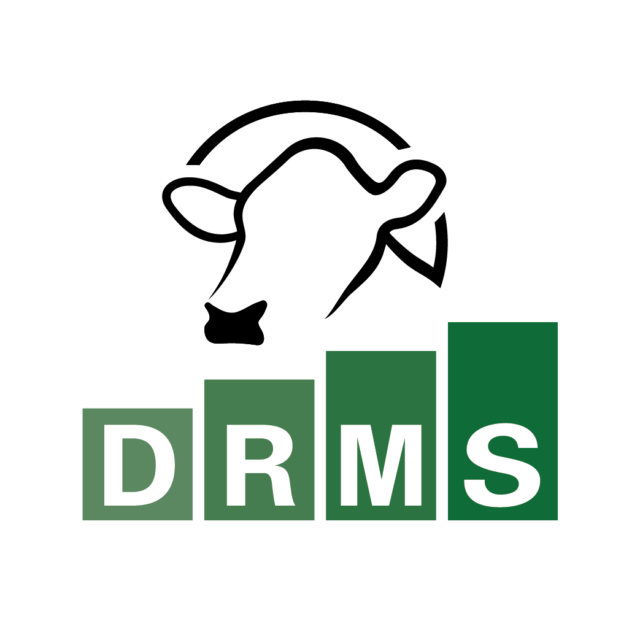Charlotte Smith is the owner of Champoeg Creamery and a fifth-generation farmer. She grazes four milk cows and 30 head of Angus beef cattle on 75 acres in St. Paul, Oregon.
Smith was recently featured in an NPR segment titled “Raw Milk Producers Aim To Regulate Themselves.”
How did your interview with NPR come about?
A reporter from NPR called me because she lived locally in the Portland area, and she saw I am here, too. She was interested in the efforts to self-regulate raw milk production.
The largest effort to do this is the Raw Milk Institute, and she saw I was “listed” by them, so since I was local to her, she figured I’d be a great interview because she could actually visit the farm.
Why did you consent to do the interview?
I am very passionate about the public’s education on raw milk production. There is a lot of misinformation and half-truths printed by the CDC and FDA and other institutions, and this would be another small opportunity for me to point out that we can’t always believe what the government reports tell us.
What did you do to prepare for the interview?
I think I am always prepared in certain ways: I know my craft, raw milk production, inside and out, so at any time I am prepared with the knowledge and information to give an interview. On another level, though, since she was visiting the farm I made sure it looked its best, and the cows, equipment and employees were all spotless.
As far as being nervous, I’ve done enough interviews over the last few years that I’m much more confident in front of a mic and camera than, say, four years ago. I was incredibly nervous then. Knowing that I know raw milk production inside and out helps me know I have nothing to worry about.
What was oddest or most surprising to you about the reporter’s visit or questions?
Well, she wanted to get a cow to “moo,” since this was for radio. Visuals weren’t necessary. So I had to try to get a cow to moo. Doesn’t work! Great entertainment value, though.
What was the most difficult question to answer?
One difficult one was: Why all the negative press about raw milk? The reason it’s a difficult question is there are so many different and equal parts to the answer. And it’s political.
I have to be prepared for judgement of myself and my operation if I share too strong of opinions, so I try to remain factual and share the different politics involved in that answer. But I also try to give a very thorough answer that reflects the multifaceted nature of the issue.

Were you satisfied with the piece NPR aired? If not, why not, and what could you have done to influence it?
I was satisfied for what it was. However, I thought I said dozens of really brilliant things, and I thought the one statement they chose was so ho-hum.
Of course I did not expect to have a say in what was aired, but I thought it appeared more like they wanted entertainment and she didn’t really want the piece to be reflective of the huge battle we face out here. Politics, once again, as I’m sure NPR is supported by companies who have a stake in raw milk remaining illegal in most states.
Are there any questions that you think NPR should have asked?
I thought the questions were pretty thorough during the interview itself. Like I referenced above, we talked about so much more than the one thought that was aired. It was an hour-long interview, at least, and she pulled one statement out.
Have you made any new connections or had any interesting experiences as a result of the story airing?
I made this new connection! [Progressive Dairyman] Yes, all the press I get leads to more awareness of our farm and people emailing for info or support.
Overall, was it worthwhile to do the interview?
Absolutely.
What advice would you have for other dairy producers who are considering doing interviews?
Be very professional, positive, clean and dressed appropriately. Use professional language. And also be willing to accommodate their changing time schedule if you want the interview.
Reporters/filmmakers/writers seem to change schedules/times frequently, and you think it’s one day/time/week and it will change three times before they actually conduct it. It requires flexibility on the farmer’s part. If this makes you upset, then you probably don’t want to try to be interviewed. PD






